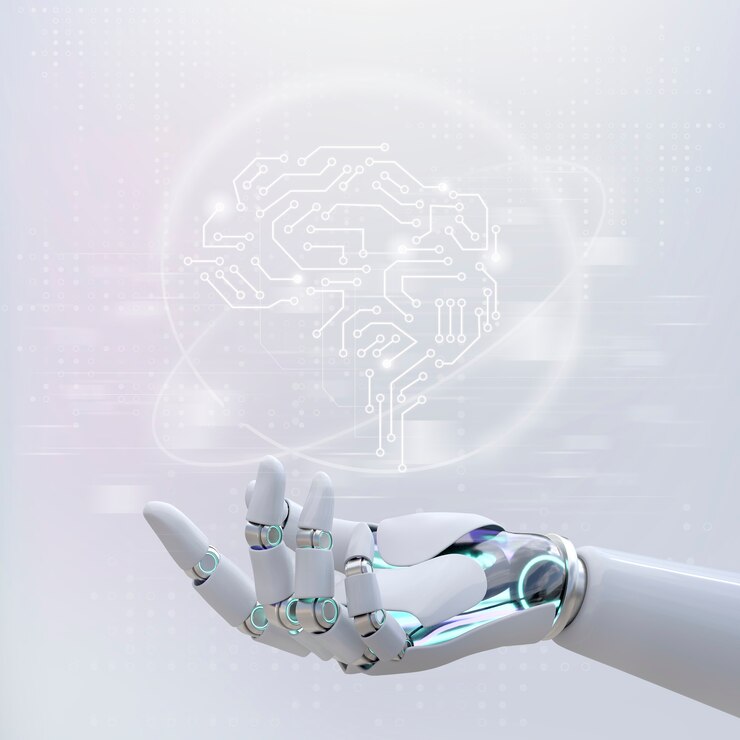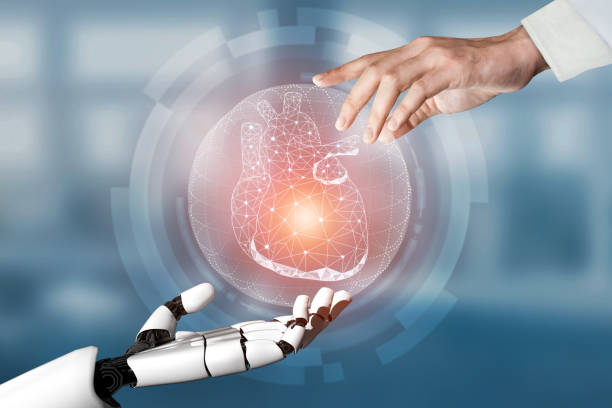Physical Address
60 Ekwema Cres, Layout 460281, Imo
Physical Address
60 Ekwema Cres, Layout 460281, Imo


As per a recent survey conducted by PwC, approximately 25% of CEOs on a global scale are contemplating staff reductions of at least 5% in response to the implementation of generative artificial intelligence -AI.
The survey, unveiled on January 15, compiled insights from over 4,700 CEOs spanning 105 countries. Significantly, the findings from PwC’s report suggest that organizations considering staff reductions for enhanced efficiency may be offsetting these cuts by recruiting in other areas.
According to PwC’s report, “While 14% of technology CEOs anticipate a reduction in workforce in the coming year due to generative artificial intelligence, a noteworthy 56% are also anticipating recruitment activities in 2025“.
As businesses increasingly embrace automation and AI technologies to enhance efficiency and productivity, concerns about job displacement have become more pronounced. The 5% figure, while representing a fraction of the overall workforce, underscores the need for proactive strategies to navigate this paradigm shift.
See also: Microsoft Introduces Safety Tools To Azure AI Studio

Discoveries by IBM indicate that a significant 77% of businesses are either in the process of integrating generated artificial intelligence (AI) into their operations or actively exploring its implementation.
IBM’s data reveals a compelling trend: larger enterprises are twice as likely to adopt AI compared to their smaller counterparts.
The underlying reason for this variance lies in the financial capabilities of larger organizations, allowing them to allocate resources for research and development and facilitating a swift embrace of emerging technologies.
In 2023, AI was directly linked to 3,900 job losses in the United States. This positioned it as the seventh-largest contributor to job displacement. The tech sector, in particular, faced a substantial impact with 136,831 job losses.
Survey respondents express concerns about the adequacy of training provided by employers in emerging digital and technology skills. This apprehension underscores the urgent need for upskilling and reskilling initiatives in response to technological disruption so they can adequately respond to generative artificial intelligence.
Within the marketing industry, where AI adoption is notably high, palpable anxiety surrounds job displacement. A noteworthy 81.6% of digital marketers harbor concerns about content writers losing their jobs due to AI’s influence. This anxiety is accentuated as AI-driven chatbots or generative artificial intelligence increasingly compete with human content creators, proficiently generating content from basic prompts.
The likelihood of staff reductions due to generative artificial intelligence is notably higher in sectors such as media, entertainment, and capital markets, among others. Conversely, industries like engineering, construction, and mining,among others, appear less susceptible to layoffs triggered by AI.
See also: 10 Best Google Ads AI-Powered Tools to Help Marketers Ad Campaigns

Certain sectors are more susceptible to job displacement due to AI integration. Industries with routine, repetitive tasks, such as manufacturing and data entry, face a higher risk. However, it’s essential to recognize the simultaneous emergence of new job opportunities in AI development, maintenance, and ethical oversight.
To mitigate the impact on employees, organizations and governments must prioritize upskilling and reskilling initiatives. Investing in education and training programs that align with the evolving demands of the job market can empower workers to adapt to the changing technological landscape.
See also: Top 15 Digital Marketing Agencies in Lagos 2025.
Rather than viewing AI as a threat, organizations can promote a collaborative approach. AI technologies can be integrated into workflows to augment human capabilities, allowing employees to focus on complex problem-solving, creativity, and critical thinking—areas where generative artificial intelligence machines currently lack proficiency.
Ensuring the ethical deployment of AI is crucial. Establishing guidelines and regulations to govern generative artificial intelligence use in the workplace can help prevent abuses and biases, fostering a responsible and inclusive AI-driven work environment.
See also: 10 High-Paying AI Careers to Pursue in 2025
Governments and industries must work together to create policies that strike a balance between technological innovation and workforce stability. Collaborative efforts can help design frameworks that encourage responsible AI adoption and safeguard against unintended consequences.
Encouraging innovation and supporting entrepreneurship can lead to the creation of new businesses and job opportunities. This can serve as a counterbalance to job losses, fostering economic growth in the wake of AI integration.
In conclusion, while the 5% estimate underscores the transformative impact of AI on the global workforce, it also presents an opportunity for proactive adaptation. By embracing responsible AI practices, investing in education, and fostering collaboration between governments and industries, we can navigate the AI revolution while ensuring a sustainable and inclusive future of work.
If you find this article helpful, kindly share your thoughts in the comment section and follow us on our social media platforms on X (Silicon Africa (@SiliconAfriTech)), Instagram (SiliconAfricaTech), and Facebook (Silicon Africa).